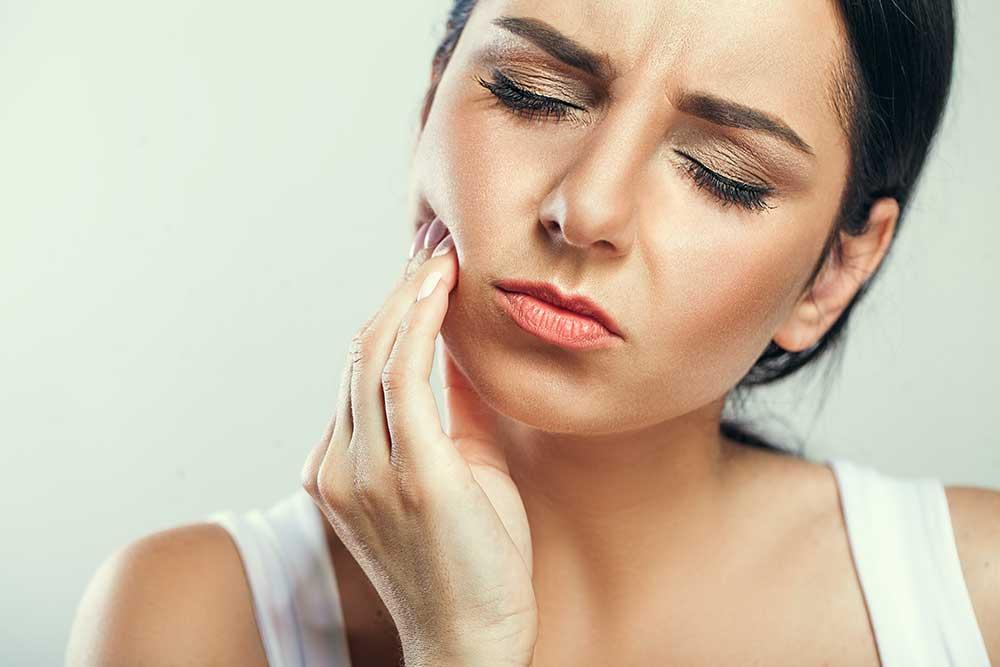Common Dental Emergencies – When Do They Require Emergency Care?

A dental emergency should never be taken lightly. Just because it’s not life-threatening it doesn’t mean you can happily ignore it when your regular dentist’s office is closed. Even if it isn’t causing you major pain, it’s best to get it assessed and receive the treatment you need on the spot, whether it’s during or after business hours or over a weekend.
Here are some of the common dental emergencies that require medical attention without delay:
Abscesses
An abscess is an infection that develops in the gum around the root of your tooth, or in the gap between the teeth. These can result in damage to the mouth tissues and the surrounding teeth, and without treatment the infection can spread to other parts of the body. This can cause you to develop sepsis, particularly if you have a weakened immune system resulting from chronic medical conditions. If you develop pain and swelling in your mouth or gums that could indicate an abscess, come to the emergency center as soon as possible for assessment.
Mouth Injuries
Accidents happen, and whether your mouth is injured as a result of a fall, participation in sports or a more serious event such as a vehicle collision it’s vital to have it assessed. Some of the mouth injuries that have the potential for complications are:
#1: Chipped, Broken or Dislodged Teeth
These can result in soft-tissue damage to your inner cheeks, tongue, lips or gums. Exposed tooth pulp can attract bacteria, which causes infection that may travel down to the root of the tooth.Fully or partially-dislodged teeth can often be returned to their original setting, if you get dental care right away. Until you can get to a doctor,
- Rinse your mouth with a warm salt-water solution to cleanse and irrigate it
- Press sterile gauze against the wound to reduce bleeding
- Take over-the-counter painkillers to relieve the discomfort, and apply a cold compress to your cheek if it begins to swell
- Rescue any tooth parts and rinse them off immediately, using a clean dishtowel to prevent them from falling into the sink
- If you can put it back in place without forcing it, do so; otherwise, store it in milk or water with a pinch of table salt
You need emergency care if you:
- Have the tooth and root intact and it can be replaced
- Experience lots of pain and / or bleeding that won’t stop after 10 minutes
- Your face swells up
- Find the tooth is only partly dislodged and is loose
#2: Bitten Tongue or Lips
This usually occurs as a result of a fall or jolt. If the damage is minimal, it could heal itself. If it’s larger, however, you should go to your nearest emergency center for evaluation.
You need emergency care if:
- The damage is larger than ¼ inch
- You have soft-tissue damage that is painful and / or bleeds for 10 minutes or more
#3: Lost Fillings and Crowns
Rescue your filling or crown if possible, rinse it in clean warm water and keep it safe until you can get it replaced. Clean the tooth and surrounding area with gauze or rinse with warm salt water to cleanse your mouth. Use a cold compress against your cheek if the wound is painful.
You need emergency care if:
- The gap caused by the loss causes a rough edge that can do further damage to your mouth
- The injured tooth is painful, swollen or bleeding excessively
#4: Mouth Burns
These are typically caused by eating very hot foods that burn the roof of your mouth, resulting in painful blisters. Use warm salt water to rinse your mouth, keep it clean and speed the healing process. Rinse with a topical anesthetic mouth rinse and take over-the-counter painkillers to relieve the discomfort.
You need emergency care if:
- The blisters don’t heal within a few days
- The blisters break and you develop infection in the lesions
Toothache
This might not sound like an emergency, but a toothache can be an indication of something more serious. If it’s caused by an infected tooth or root, it’s important to get medical treatment before the infection spreads and causes complications.
Orthodontic Emergencies
For patients undergoing orthodontic treatment, loose and broken brace brackets are a common problem. These can become serious, particularly if the bracket irritates any part of your mouth. Before you sustain injuries to the soft tissue of the mouth, visit the emergency room to get it resolved.
Even when a dental problem doesn’t appear to be an emergency, if you are unable to schedule an appointment with your regular dentist within a few hours make the trip to the ER for evaluation and a professional medical opinion. It’s worth it.




